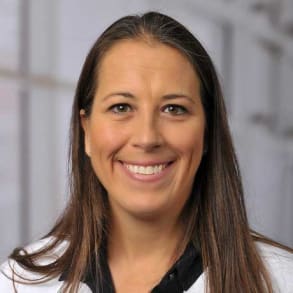Jennifer Sipos, MD provides an overview of the thyroid neoplasia clinic at The Ohio State University Wexner Medical Center. Dr. Sipos discusses the genetic research being done to better predict a patient’s risk for developing thyroid cancer and explains how the multidisciplinary approach of the clinic dramatically improves patient care.
Related Presenters
